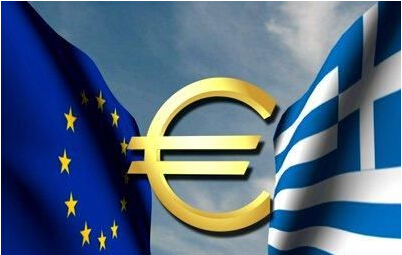分享到
A proposal from the Greek government could be the basis of a deal with its creditors to avoid default on a large payment due to the International Monetary Fund next week.
But some analysts say, even if achieved, the deal would be a short-term fix at best.

The Greek Prime Minister went to Brussels Monday to present the new proposal to his eurozone counterparts – a series of small concessions on key points that he hopes will be enough to ease the crisis without angering his people too much.
"I think this is time for a substantial and viable solution that would allow Greece to come back to growth within the eurozone, with social justice and cohesion," he said.
His position was bolstered by a large protest in Athens Monday night in favor of steps to keep Greece in the eurozone.
But there is also lots of anger in Greece about what many people see as oppressive austerity imposed by the country’s creditors.
An increasing number of experts agree the austerity has hurt the country’s ability to repay its debt.
“We need to do everything right now to make the Greek economy grow again," said economist Dennis Novy of Britain’s University of Warwick. "That’s the only way out.”
Without growth, he adds, any deal will only a temporary solution.
“Germany and France, the European Union and the IMF have to stop asking for these fiscal reforms in Greece that actually push the economy down further,” he said.
Still, even the possibility of an imperfect and short-term accord has calmed financial markets, and it may help foster growth, according to Zsolt Darvas of the Brussels-based Bruegel Institute, who spoke via Skype.
“If a credible agreement would be able to remove the uncertainty about Greek membership, then I think the Greek economy would start to grow, even if the Greek government would have to do some further, much smaller fiscal adjustment,” he said.
But because Novy expects any growth to be slow and too weak to solve the debt repayment problem for years, he is unimpressed by this week’s highly-touted breakthrough.
“They have a common interest in avoiding the short-term problem, but for a long-term solution, I don’t think we’re any closer to a deal,” he said.
Novy says Greece and its creditors will likely reach another crisis point in a couple of months.
This time, he says, it’s the creditors who should offer real, long-term debt relief to keep the country in the eurozone and perhaps put the longstanding crisis behind them.
(來源:VOA 編輯:杜娟)
分享到
關注和訂閱


電話:8610-84883645
傳真:8610-84883500
Email: languagetips@chinadaily.com.cn